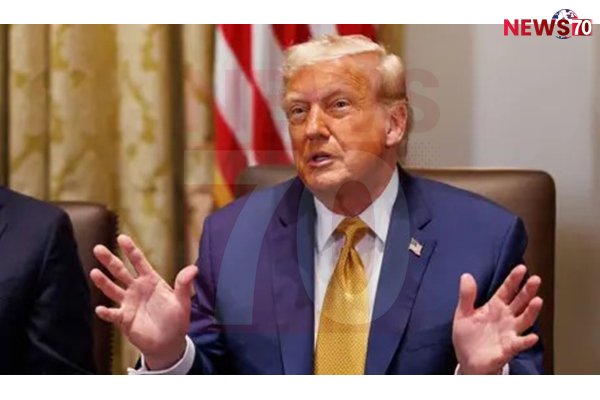The Trump administration has launched a formal investigation into Brazil’s trade practices, citing concerns over digital trade regulations, electronic payments, preferential tariffs, and intellectual property enforcement. The probe will assess whether Brazil’s policies are “unreasonable or discriminatory” and harm U.S. businesses, workers, and innovators, particularly American tech firms. This move follows Trump’s call for Brazil to halt legal actions against former President Jair Bolsonaro and a threatened 50% tariff on Brazilian imports. Trade between the U.S. and Brazil reached $90 billion in 2024, with the U.S. enjoying a $7.4 billion surplus.
The Trump administration has initiated a formal investigation into what it calls Brazil's "unfair" trade practices, citing concerns over digital trade regulations, electronic payment systems, preferential tariffs, and alleged anti-corruption interference.
According to a statement from the U.S. Trade Representative, the probe aims to assess whether Brazil’s policies are “unreasonable or discriminatory” and whether they pose a burden on U.S. commerce.
The move comes just a week after President Trump publicly called on Brazilian authorities to halt legal proceedings against former President Jair Bolsonaro, denouncing the charges as part of a political “witch hunt.”
8 U.S. Trade Representative Jamieson Greer has confirmed that a formal investigation into Brazil’s trade practices is underway, launched at the direction of President Trump. The probe targets what the administration calls "unfair" actions by Brazil, including alleged discrimination against American social media companies and barriers that harm U.S. workers, businesses, and innovators.
Greer cited Brazil’s preferential tariffs for other countries, digital trade restrictions, and weak intellectual property enforcement as key concerns. “Brazil’s tariff and non-tariff barriers deserve a full investigation and, if necessary, firm action,” he said.
The investigation will examine accusations that Brazil penalized U.S. tech firms for not censoring political speech, and failed to protect U.S. intellectual property, negatively affecting American sectors tied to innovation and creativity.
The move follows a letter President Trump sent last week to Brazilian President Luiz Inácio Lula da Silva, in which he announced a 50% tariff on Brazilian imports beginning August 1. Lula responded by saying Brazil would impose reciprocal tariffs if necessary.
In 2024, trade between the U.S. and Brazil reached $90 billion, with the U.S. reporting a $7.4 billion surplus — a 33% increase from the previous year.
